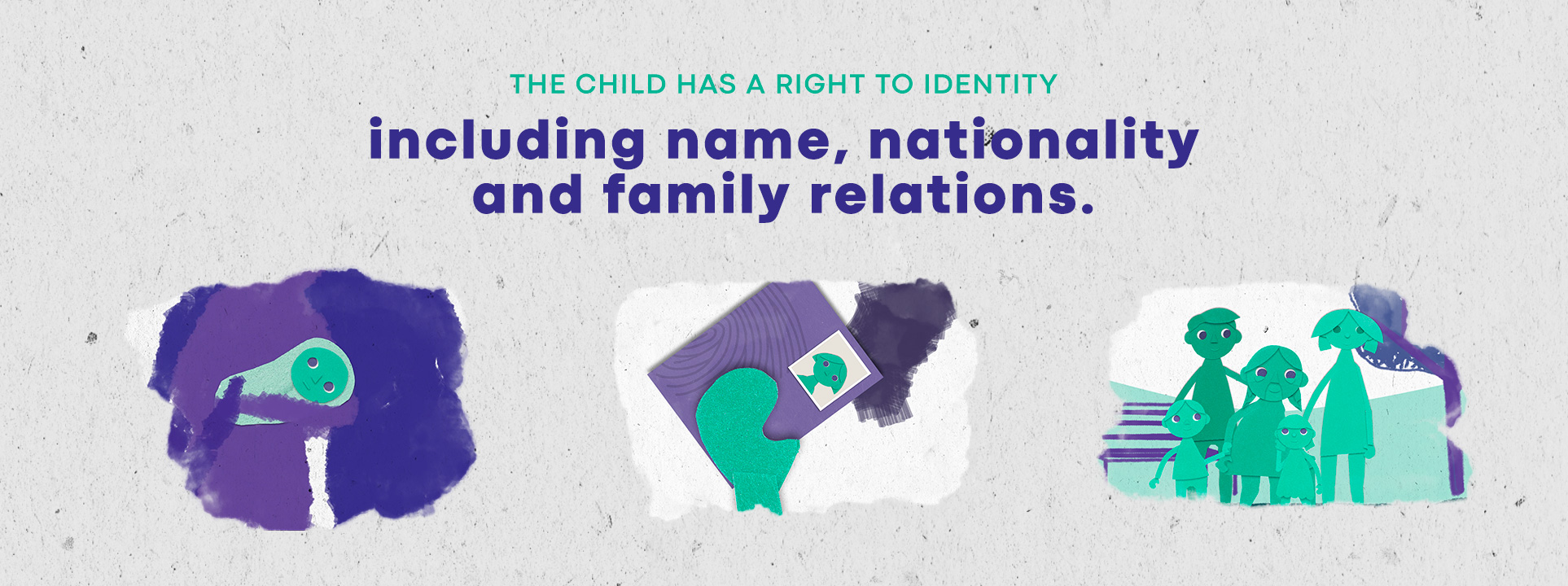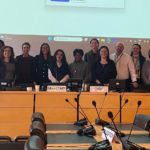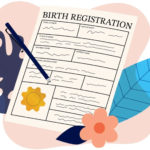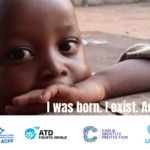WHAT ARE THE RISKS?
Without an identity, children invariably face problems accessing basic rights such as education, health, development, social services and they are also at greater risk of being sold and trafficked.
Despite States having an obligation to provide appropriate assistance and protection, with a view to re-establishing speedily the child’s identity when elements are missing, efforts to date are inadequate leading to risks of a:
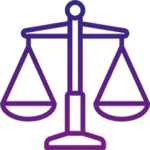
LEGAL NATURE
Children are excluded from benefiting from child support, other hereditary and maintenance laws. Further, as nationality is often linked to blood relations, statelessness may occur.
Many millions of persons globally who are stateless – of which approximately one third are children (UNHCR)
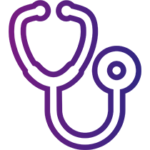
MEDICAL NATURE
Without family health history, children and adults affected have less information about their genetic health risks. For example whilst some risk factors, such as family history in cancer cannot be changed, being aware of this reality can effectively reduce associated mortality.
The World Health Organisation notes that “early detection in order to improve breast cancer outcome and survival remains the cornerstone of breast cancer control.”
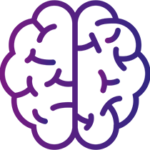
PSYCHOSOCIAL NATURE
The harmonious development and well-being of the child may be impaired as a result of not knowing birth parents, gestational origins and other family relations such as siblings, grandparents, etc.
When this situation has been generated by illicit elements, including sale before or after birth, that are part of their ostensible identity, children – and later as adults – may feel “commodified”
